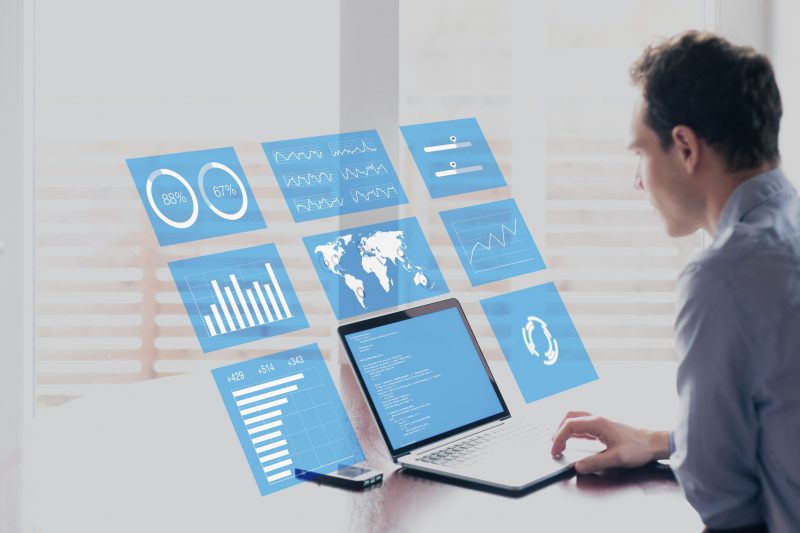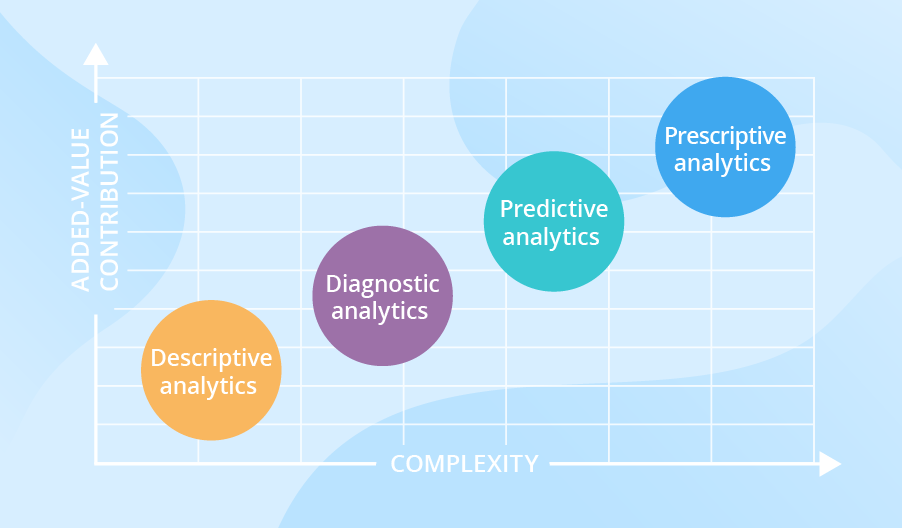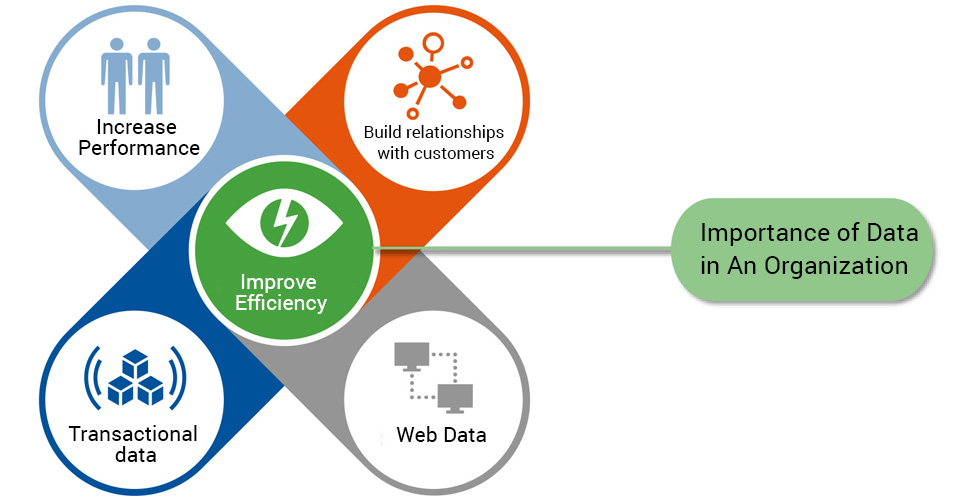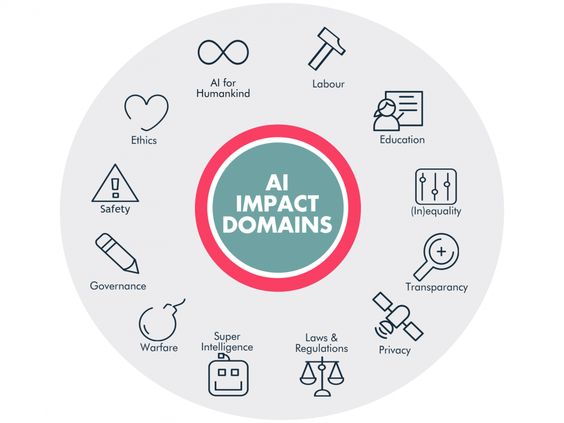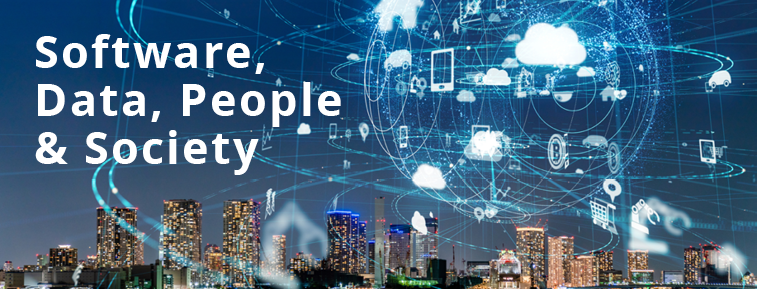More than 70% companies consider people analytics to be a high priority. People analytics involves the application of advanced analytics and large data sets for talent management. Today businesses are applying analytics to processes such as recruiting and retention, uncovering surprising sources of talent and counterintuitive insights about what drives employee performance. People analytics helps managers and senior talent leaders unlock the power of data to help reduce bias and improve performance.
The data we gather from product analytics tells us how users use the product. We purchase products everyday by reviewing various details to ensure the quality, cost and certain features/functionality meet our expectations. Companies use Product analytics to improve and optimize a product or service. Product analytics provides manufacturers with the deliverables necessary to understand and perfect the product. Similarly, the services analytics help analyze data generated from execution of services to improve and personalize a service as well as enhance the overall value chain.
Inefficiencies cost many organizations as much as 20 to 30 percent of their revenue each year. Data Analytics & Business Intelligence can shed light on almost every aspect of an organization or industry. Gathering data from your business processes and analyzing it can start to unearth some surprising insights. You can then use these insights to create process improvements, increase efficiency, reduce waste, and enhance profits.
Uncover who your patrons are (and aren’t) so you can make data-driven decisions and drive meaningful outcomes aligned with your company’s mission and business goals. Through the effective use of Business Intelligence & Analytics you can urn detailed behavioral information from every patron interaction into more profitable marketing campaigns. Today most companies are looking at the option of reshoring and to enable it Analytics can help make fact-based decisions about what’s right for your company and your global customers.
As a holistic consulting company, VFDC cab support any or all 4 pillars of your business i.e. People, Product, Process & Patrons towards building a comprehensive solution towards addressing your business problems through the use of data and analytics. Through “People analytics” we study the data-driven and goal-focused method of all the people processes, functions, challenges, and opportunities to achieve sustainable business success. Through “Product analytics” we help establish framework for your organization by looking at data and identifying high-value opportunities. Through use of Statistical Models, we help predict future actions or events thereby minimizing business risks and guiding business decisions. Similarly, in “Process analytics”, we combine big data analytics and business process flow to achieve overall business objectives based on better-informed decision-making techniques. We help build, deploy and manage integrated analytics services to help our clients maximize BI for their everyday work. As business grows and transforms in scale, integrating Big Data with Predictive Analytics helps you establish better relationship with their customers thereby building upon on our “Patrons”.
Using analytics to support all “4 Pillars of Your Business”, we aim to provide decision-makers with a competitive edge by digitizing the business, optimizing costs, improving quality, accelerating innovation, and redefining the customer experience. Today analytics is helping companies increase productivity and profitability of their operations by putting their massive amounts of data to work. Using machine learning models and data visualization tools organizations can uncover insights in their data, optimize processes, and maximize performance.
The greatest value of a picture is when it forces us to notice what we never expected to see." - John Tukey, American Mathematician



